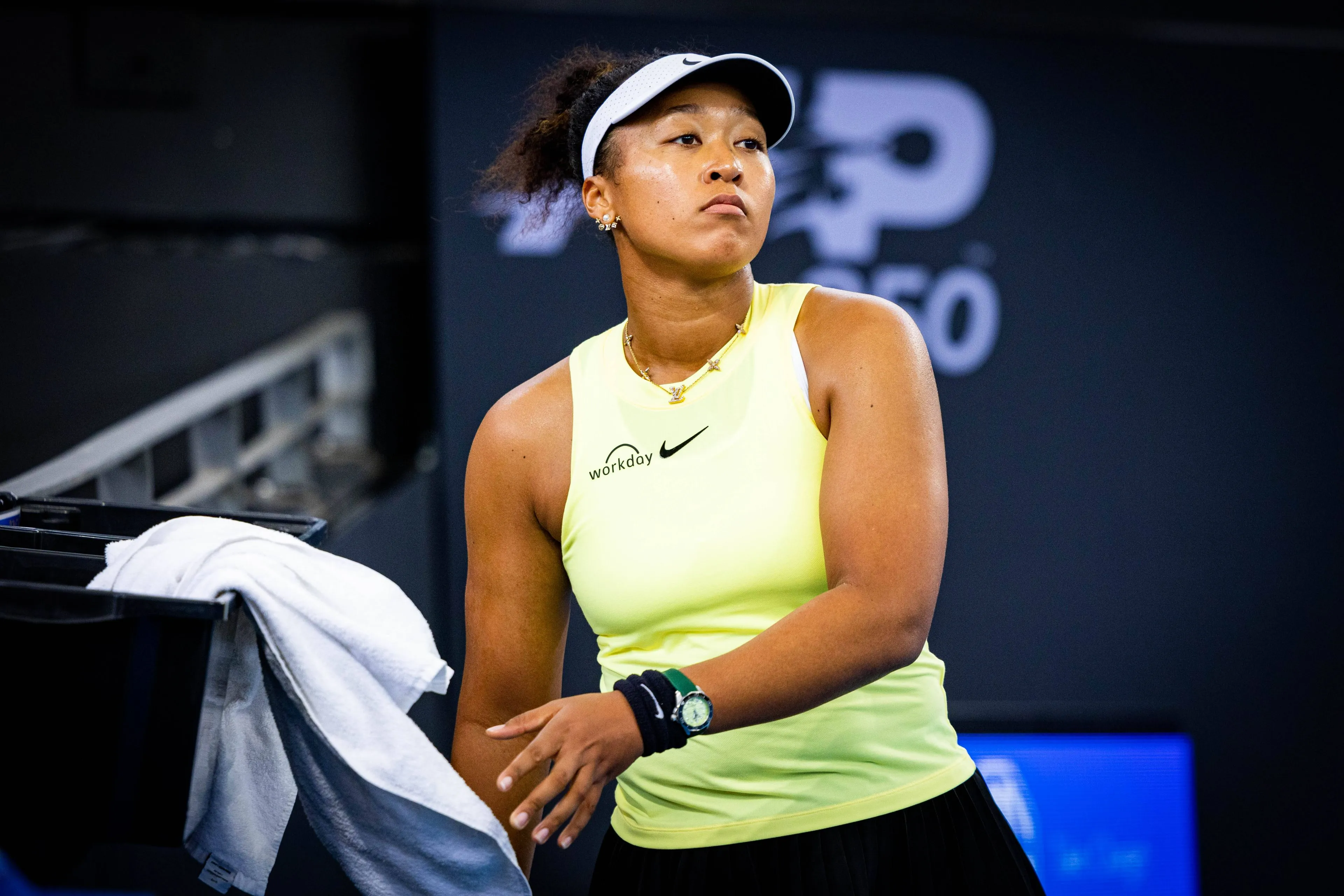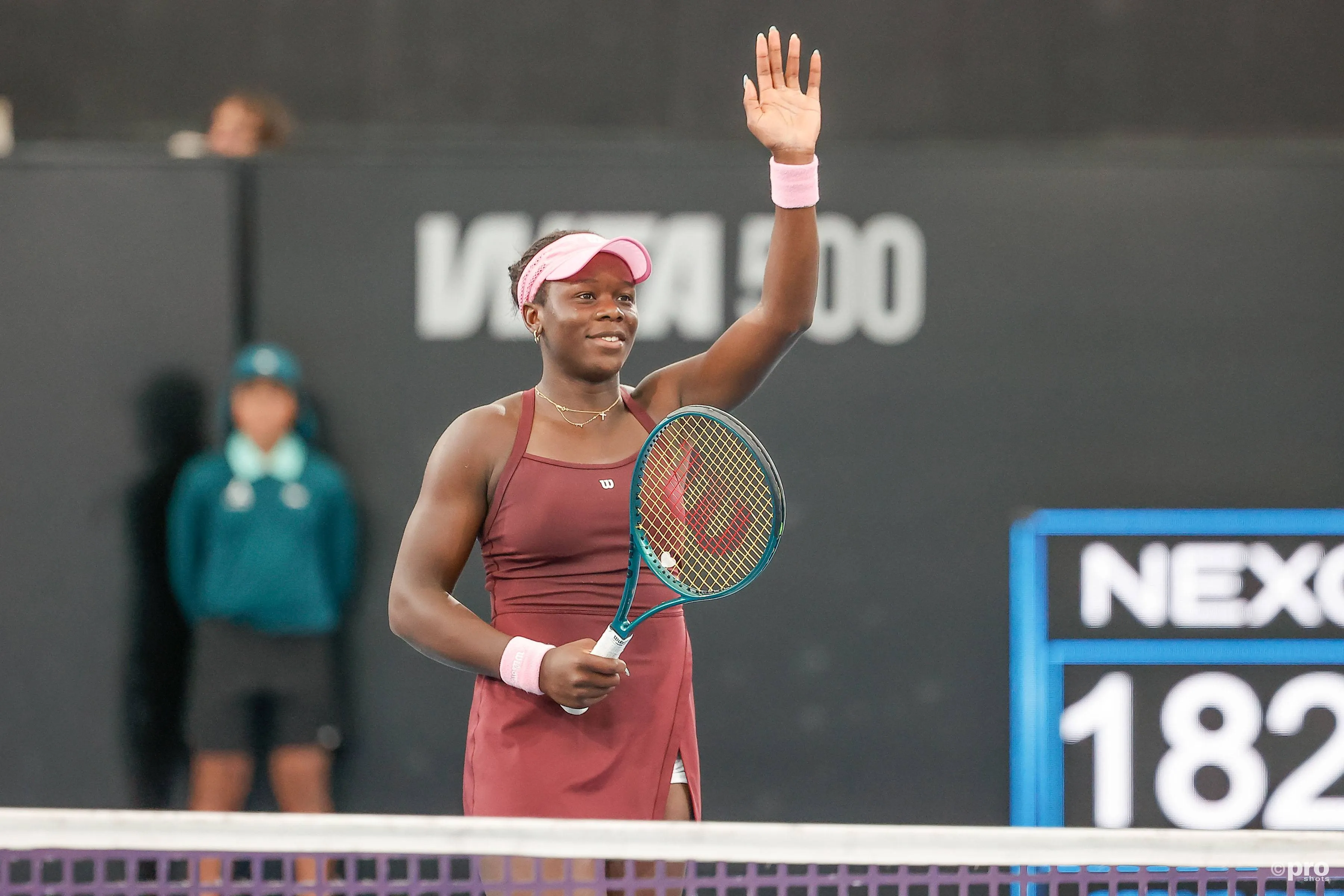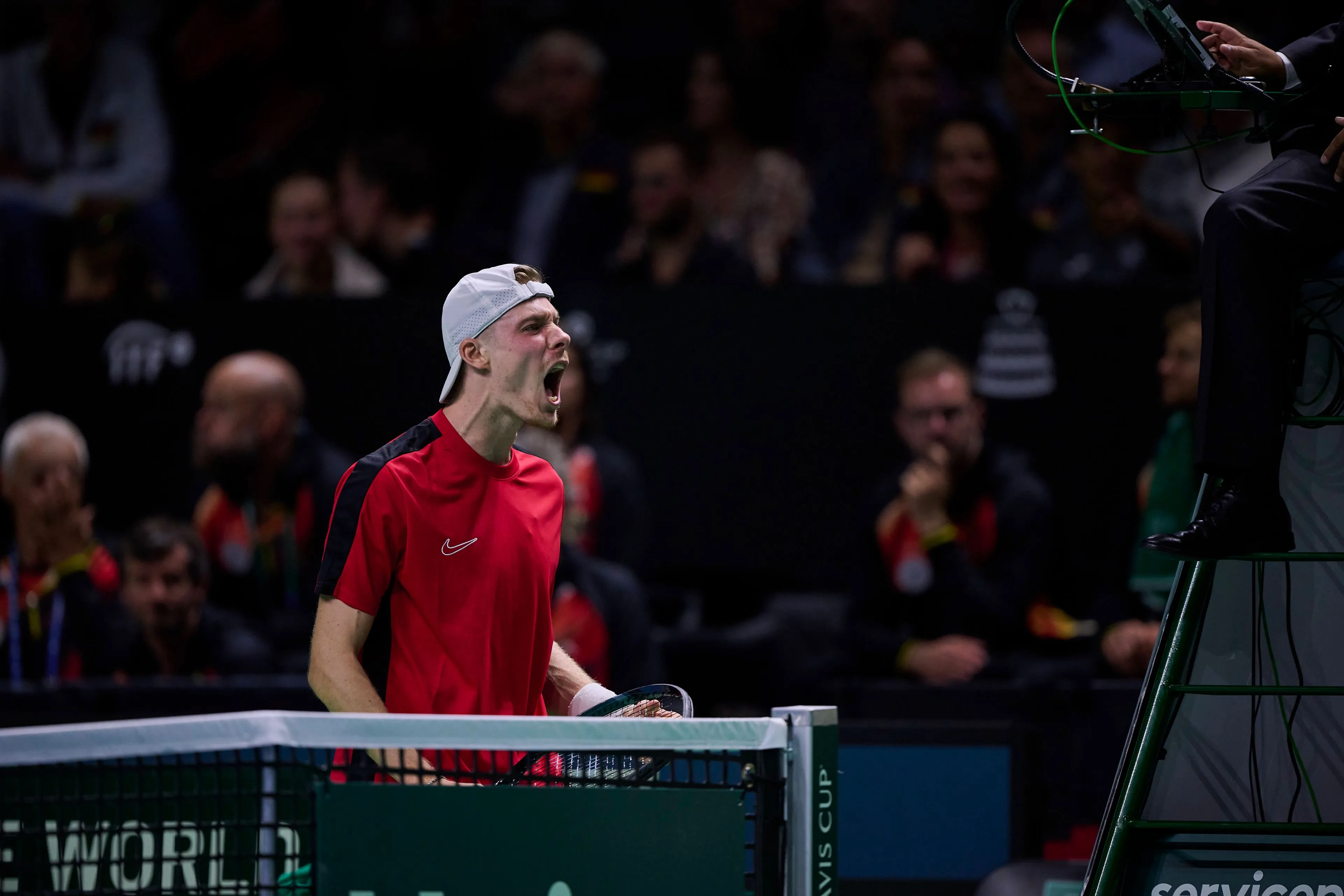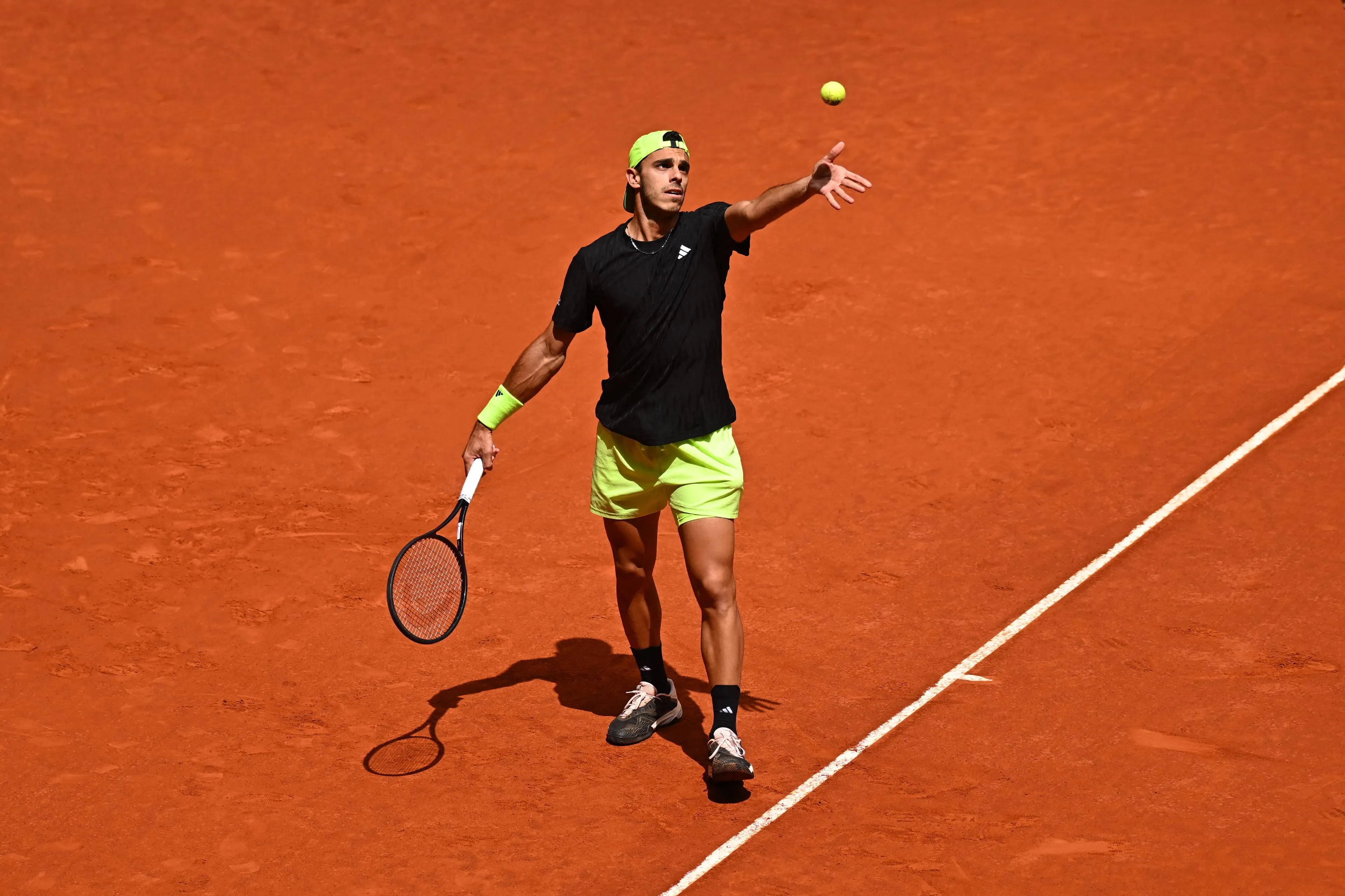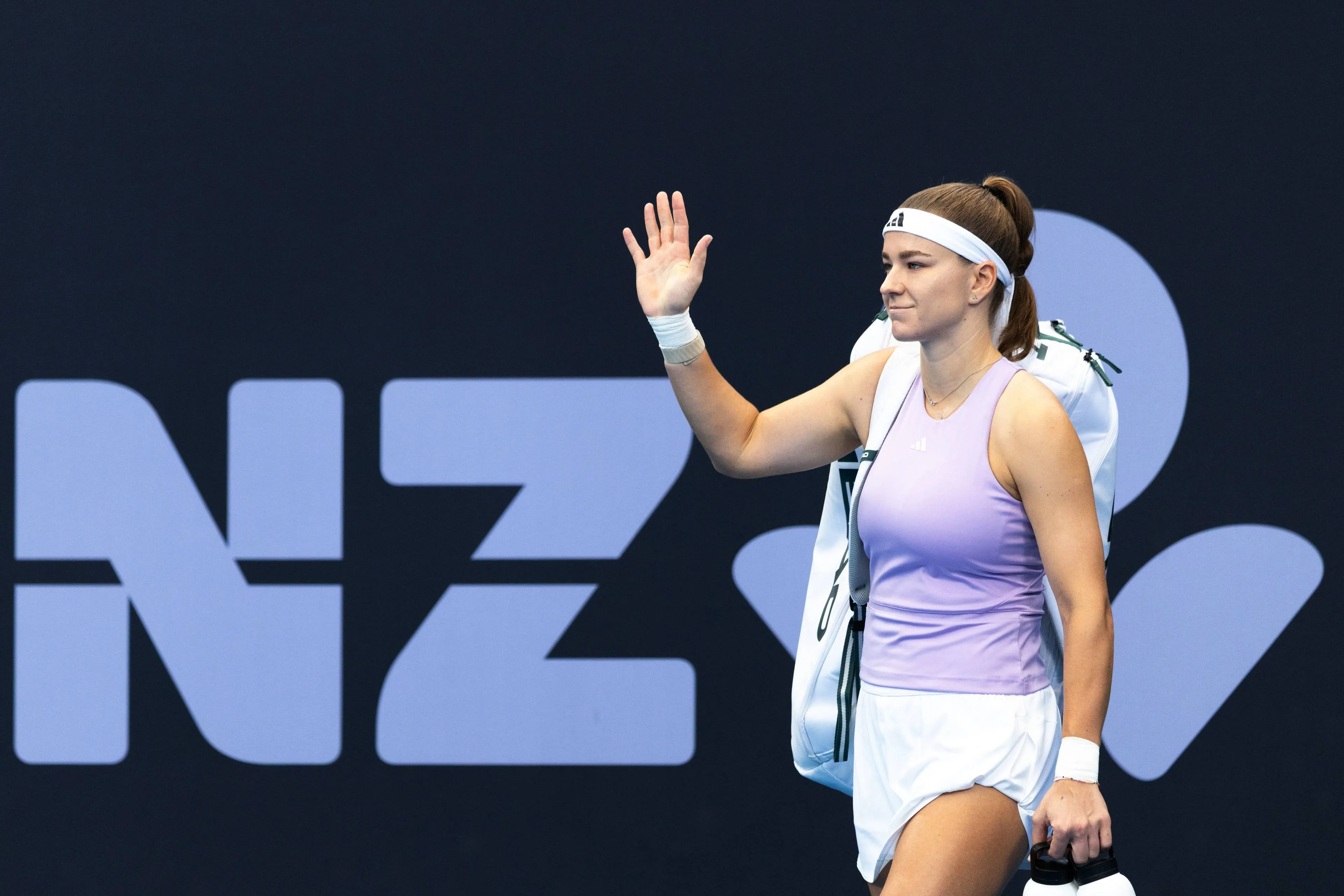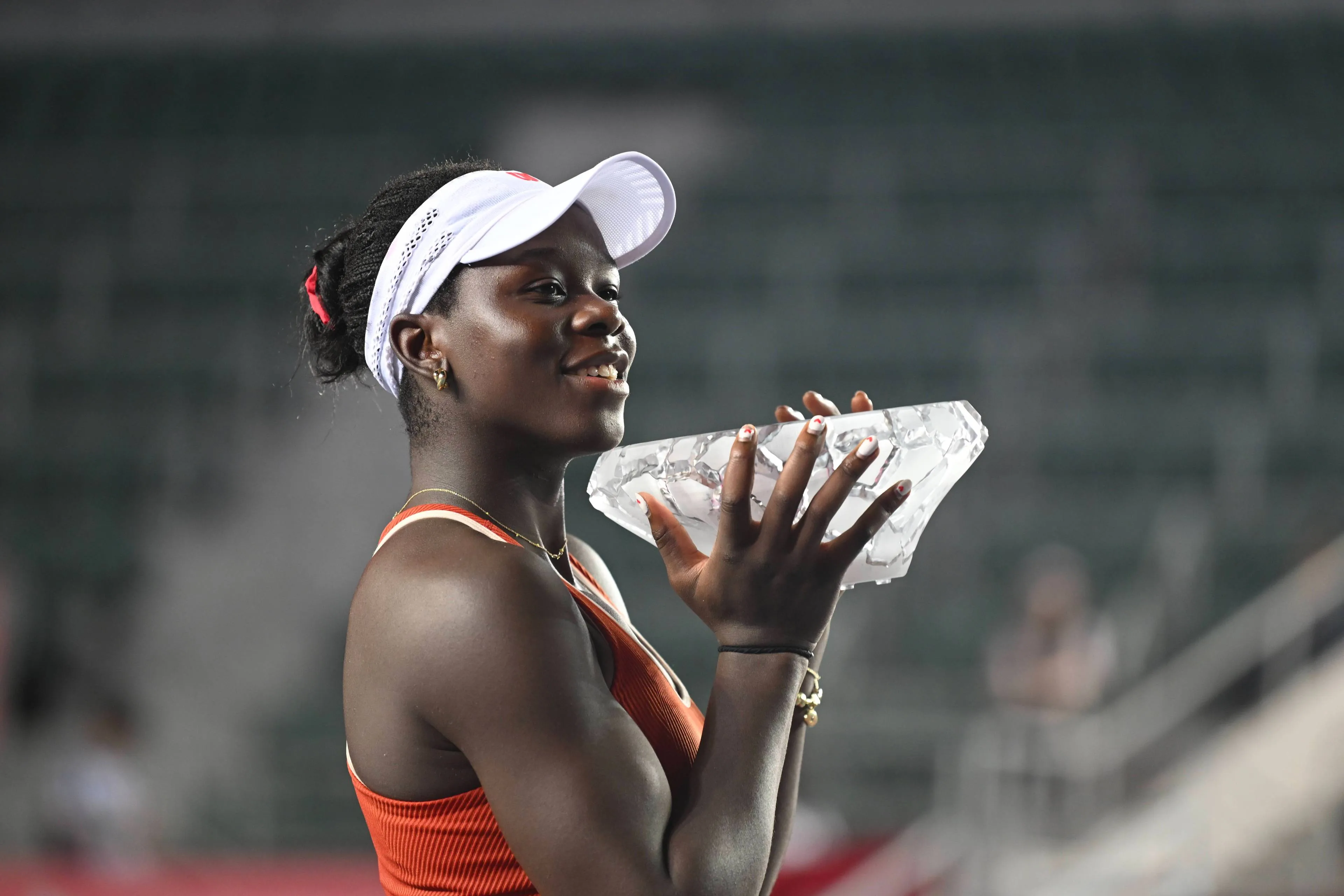New ATP and WTA scheduling rule changes made after player complaints during 2023 season with review into tennis balls also underway
Tennis NewsTuesday, 09 January 2024 at 23:00
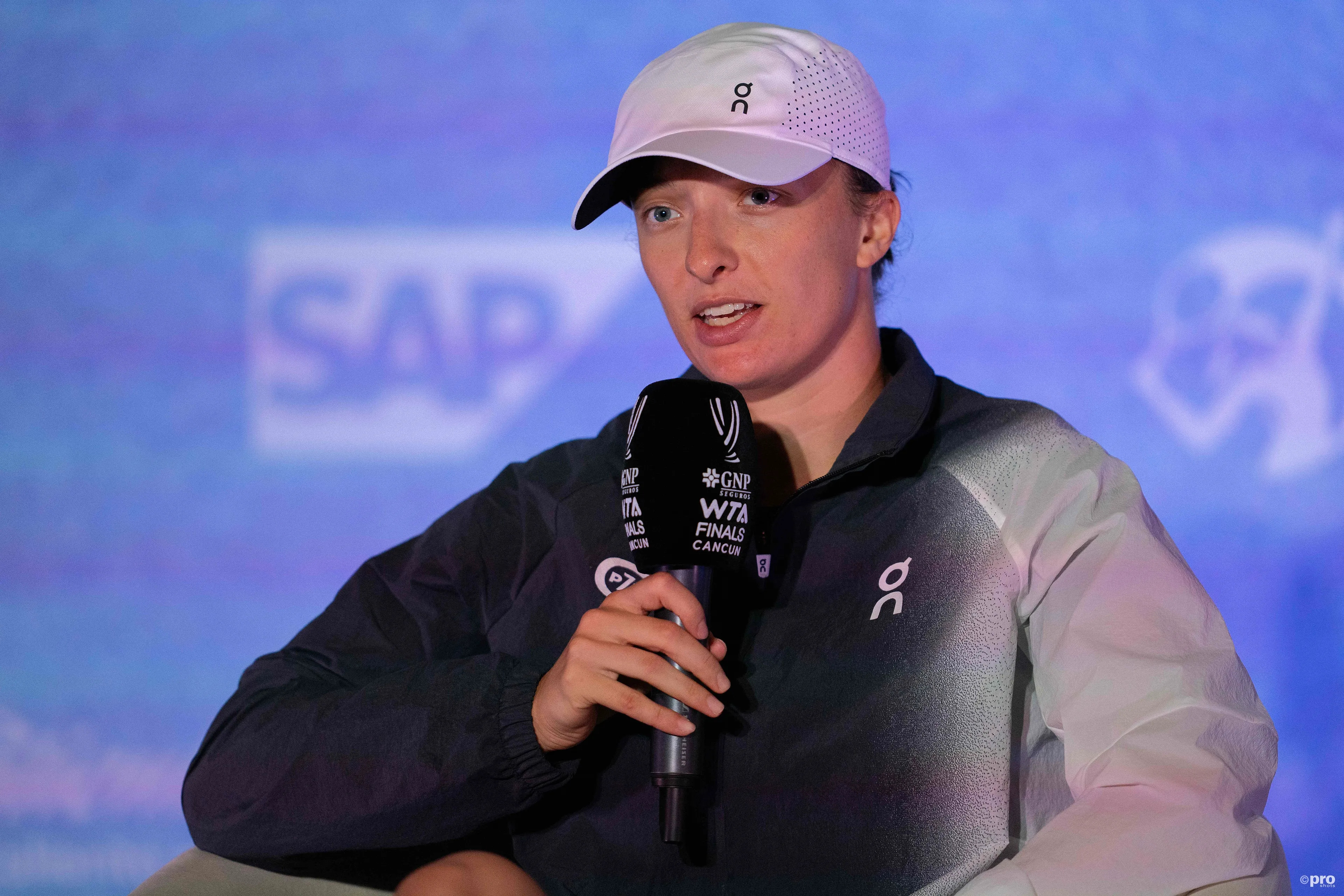
The ATP and
WTA are set to change the regulations to address issues with tournament
schedules, and they will also evaluate ball changes in each tournament
following complaints from several players throughout the 2023 season.
Firstly,
there is now a limit of no more than five matches per day per court, starting
at 11 a.m. Three matches will be scheduled during the daytime session, while
the nighttime session will consist of two matches.
Some
players who experienced problems with the schedules and openly expressed their
dissatisfaction include 3-times Grand Slam champion Andy Murray, world No. 1 Iga Swiatek and the world No. 3, Elena Rybakina. It is emphasized that no match can start after 11
p.m., unless approved by the WTA/ATP supervisor in consultation with the
management of both organizations. Matches that have not started by 10:30 p.m.
will be moved to an alternate court, ensuring adherence to the schedule.
Furthermore,
nighttime sessions must now begin no later than 7:30 p.m., with a
recommendation to start as early as 6:30 p.m. This is intended to offer a more
player- and spectator-friendly schedule, optimizing the overall tournament
experience. Regarding tennis balls, a strategic review of those used in the
circuits is underway, and any resulting changes will be implemented no later
than 2025.
Read also
Players who complained about the regulations
At the
beginning of the year, Andy Murray emerged victorious in an epic match against
Thanasi Kokkinakis in the second round of the Australian Open, concluding with
a scoreline of 4-6, 6-7, 7-6, 6-3, 7-5 at 4:05 a.m., after five hours and 45
minutes. Following the match, the former world No. 1 expressed his discontent
with the schedule, stating, "We talk about it all the time, and it's been
spoken about for years. But when you start the night matches late and have
conditions like that, these things are going to happen."
On another
note, Rybakina competed in the August Canadian Open against Daria Kasatkina,
engaging in a marathon match that lasted three hours and 27 minutes, concluding
at 2:55 a.m. "I feel destroyed," Rybakina said, "just because of
the scheduling and the situation."
During her
participation in the Madrid Open, world No. 1 Iga Swiatek also voiced her
opposition to the schedules, asserting, "For sure it’s not healthy to play
at that hour, and it’s something we should totally work on because we’re going
to have more and more players that are burned out and having physical
problems," she says.
Read also
claps 0visitors 0
Just In
Popular News
Latest Comments
- LOL. Billie Jean King hates being a woman.
- Pulling out a tournament is not illegal. Therefore, that is no problem. Maybe they need more rest.
- It is simple. If you do not want cameras following you, get away from tennis and go find another job. Cameras and interviews are a part of the job. They do not mind cameras when they are winning. If the women tennis players would put the same amount energy to playing tennis as they do with complaints, women tennis would be exciting to watch.
- Yeah, that's what I would do... be nice and lose a match
- Turns out Swiatek is as big a cheater as Draper (remember vs FAA?)when she didn’t admit to hitting a double bounce drop shot. The blind chair ump didn't even see it on the replay but fortunately got the correct call from someone on the phone (supervisor?) we all saw it…..it wasn’t even a close call. Great win Sakkari !!
- The women could barely play the best 2 out of 3 sets. Yet, they are always complaining about equal prize money. Equal pay means Equal work.
- What a dump!!
- Someone tell those two bored, jobless people that PRO-TENNIS IS NOT YOUR PERSONAL F'ING TOY !!!
- Hopefully, she does not come back.
- Sure she sees her tennis as a job now, thanks to her groomer
Loading
